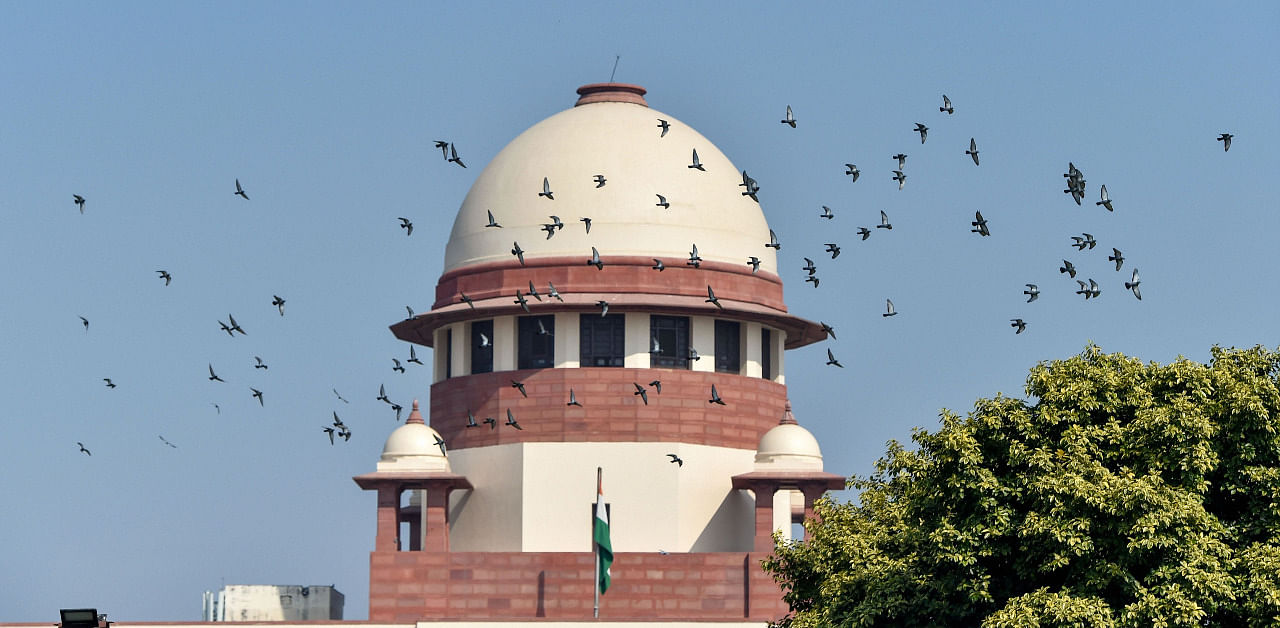
Higher education regulator UGC on Monday told the Supreme Court that states can't decide on their own to cancel final examinations, as this might cause trouble in recognition of students degrees.
It opposed a decision taken by the Maharashtra and the Delhi governments to cancel exams due to Covid-19 pandemic.
A bench presided over by Justice A M Khanwilkar allowed the UGC to reply by August 14 to the states' move.
The court was hearing a batch of petitions including by Bengaluru resident Praneeth K and Yuva Sena, the students wing of Shiv Sena who have challenged the validity of July 6 notification by the UGC to the varsities to conduct their final exams by September 30.
On Monday, Solicitor General Tushar Mehta, appearing for the UGC, contended that it was not in interests of students not to have the exams. He said the UGC was the only body which can prescribe rules on conferring degrees.
Appearing for the petitioners, senior advocate A M Singhvi contended that there was inconsistency in stands taken by the MHRD and the UGC.
The court said it would consider on Friday the response filed by states of Maharashtra, Delhi, Punjab and Karnataka in the matter.
The UGC, in its response, had earlier maintained that its guidelines were issued in overall academic interest.
The UGC's guidelines "adequately account for the evolving situation of the Covid-19 pandemic because they provide sufficient time till September 30 to conduct final year examinations after following the protocols and procedures," it said.
The UGC also claimed the guidelines provided enough flexibility to universities and institutions to conduct such examinations online, offline (pen and paper) or blended (online and offline) mode. Further, it provided for an examination through a special chance for students who for whatsoever reasons are unable to appear for the examinations by September 30.
It also submitted that the decision of some state governments including Maharashtra and Delhi to cancel the final year examinations was contrary to its guidelines and would affect standard of higher education. This would also cause encroachment upon the legislative field reserved for it.
